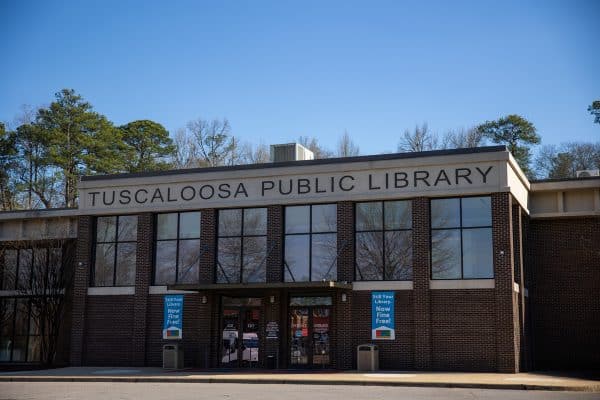An update on the Alabama abortion ban
November 6, 2019
Last May, Alabama passed an act concerning abortion that caused a mixture of uproar and praise throughout the state. The Human Life Protection Act, or HB 314, is an almost total abortion ban that was set to go into effect in November of this year. This bill would criminalize doctors who perform abortions with a Class A felony. The amendments of the act that would have allowed for exceptions in the case of rape and incest were rejected.
November of 2019 is nearing, but HB 314 will not be going into effect anytime soon. Here is an update on the legislation and what’s happening with abortion access in Alabama.
Currently, abortion is still legal here in sweet home Alabama. However, it comes with many restrictions, including state-mandated counseling, a 48-hour waiting period, required parental consent for minors and a term limit of 21 weeks. Abortion access is in a critical state throughout the entire Southeast region, and the recent bans have only further endangered it.
The ACLU, the ACLU of Alabama and the Planned Parenthood Federation of Alabama sued the state immediately after the passage of HB 314, arguing that the law is unconstitutional under the precedent set by Roe v. Wade in 1973. Many Alabama legislators have agreed with the idea that the ban is unconstitutional. However, they hope to use the bill to challenge the Supreme Court’s opinion from Roe v. Wade.
Many states have filed near-total abortion bans in the hopes of their case being elevated to the Supreme Court to re-decide the constitutionality of abortion. HB 314 is not the first piece of legislation passed in Alabama to try to restrict abortion access; the state has a long-winded history of mandates that make it harder for abortion providers to operate within its borders.
The state of Alabama is using their taxpayers’ dollars to fight a legal battle that it will most likely lose. The Supreme Court has upheld the right to abortion since 1973; despite this, there is now a conservative majority in the Court that has the potential to change the outcome of this case’s decision. If the landmark decision of Roe v. Wade is overturned, judgements concerning abortion will be delegated to the states.
To summarize: abortion is still legal in Alabama, and it will remain so indefinitely. Right now, we are in a limbo period, waiting to see whether or not the Supreme Court will decide to hear a case concerning abortion rights from any state. Until then, the ban cannot and will not go into effect.
If abortion access is something you care about, there are several ways that you can get involved to help here in Tuscaloosa. The West Alabama Women’s Center trains volunteers to help escort patients to and from the facility. The on-campus chapter of URGE: Unite for Reproductive and Gender Equity is hosting a year-long fundraiser in support of abortion access in Alabama. The proceeds will go to the ACLU and ARC-Southeast, and you can donate by venmoing @UA_YDSA.
The easiest and most important way to get involved in the conversation about abortion access in Alabama is to spread your knowledge. Lawmakers want citizens to think that abortion is outlawed throughout the state, but it is not. Know your rights and let others know theirs, too.










